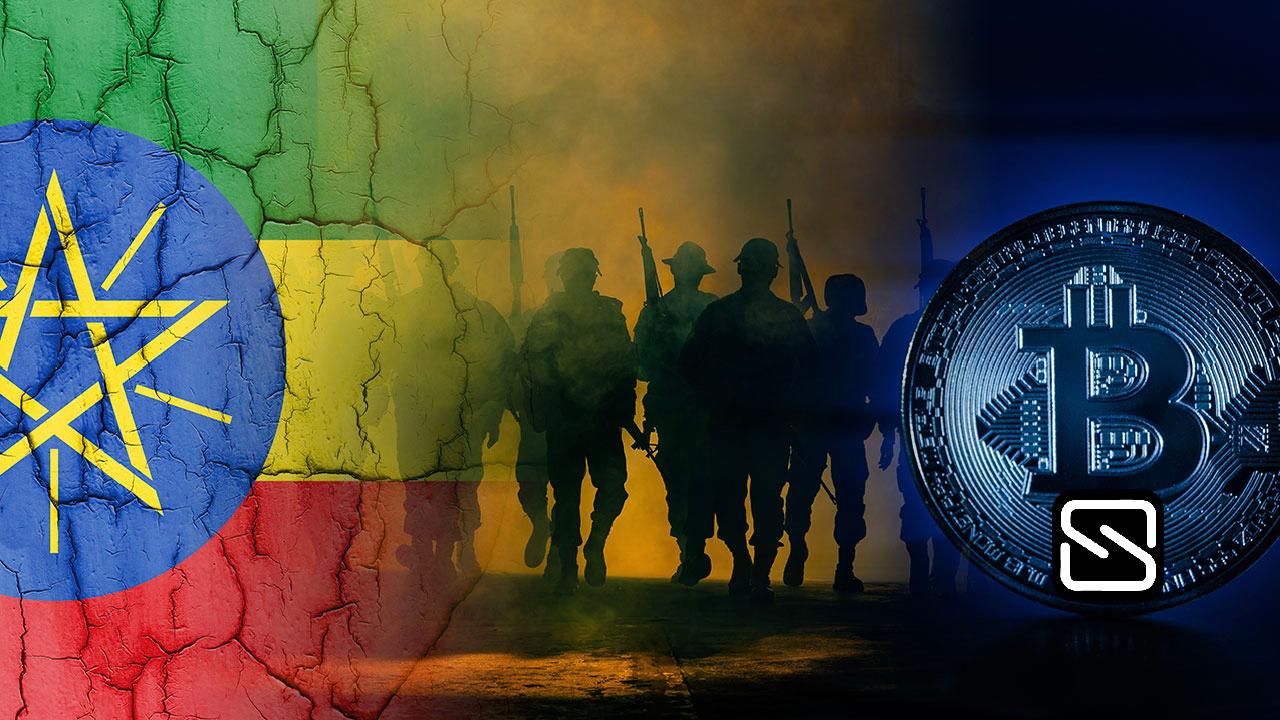How Bitcoin Could Help End The War In Ethiopia.
Here is how bitcoin could be well-positioned to aid citizens of the war-torn Tigray region in Ethiopia.
By Staff
Since November 2020, the Tigray region in Ethiopia has experienced wave after wave of conflict that has escalated and now borders on a full-on genocidal war.
While the world was quick to rally when Ukraine was invaded less than 4 months ago, Africa’s second most populated country has had thousands killed and millions displaced for 17 months with little support and coverage.
In these 17 months, humanitarian aid to the people in the Tigray region has been blocked as the government has cut off access to electricity, frozen all banks in the region, and shut down telecommunication services.
An opinion editorial by Michael Abraha highlights ways in which the Bitcoin community can come in handy to help those that have been left in shambles and disenfranchised by the ongoing conflict.
The first crucial area is awareness. The Bitcoin community is vast and constantly expanding with many celebrities and influencers in various industries. Having these figures speak out could help raise awareness and bring attention and subsequent aid to the suffering people.
Awareness of a gap has been seen to be a driver for innovation, especially within the Bitcoin community with the example of Bitsms.
Bitsms allows users to send Bitcoin offline by attaching a BTC wallet to a cell phone number that will use SMS text to send transactions via radio satellite. This is the kind of innovation that is crucial for the people who have been denied access to banking services.
With more awareness and a platform to send money, relief efforts of NGOs including Omna Tigray, Tigray Action Committee and the Tigray Disaster Relief Fund can also be supported with the aim of building access and peace.
The second and more direct way for Bitcoin to help the people of Tigray is with funding. While the crypto community donated over $50 million to Ukraine in under a month, Ethiopia has not seen anything close to this.
The gap in funding is largely attributed to limited (and/or sometimes biased) coverage of what is happening in the region and an inability to get the funds to those who need them.
It is no surprise that along with the electricity and banking blockages, the government of Ethiopia recently revamped its efforts to crack down on crypto with a statement reiterating that cryptocurrencies are illegal in Ethiopia as reported here.
While these blanket bans may be beneficial to the Ethiopian government forces, they end up leaving many Tigray citizens without the resources they need to survive.
On a smaller scale, the funds can facilitate relief missions to create food and aid distribution centres in Tigray at internally displaced people (IDP) camps and neighbouring Sudan’s refugee camps.
On a larger scale, the funds can aid in the long-term redevelopment of schools, hospitals and other community infrastructure that has been destroyed by the war.
On top of donations, Bitcoin can fuel the economy for Tigrayans in Ethiopia, refugee camps and within the diaspora with offline education services such as Internet-in-a-Box.
The Internet-in-a-Box is a device that allows users to download content and upload it onto multiple computers, tablets and smartphones with no internet required. Devices like these are needed in the thousands alongside the equipment needed for students to use.
Having people’s records stored digitally with blockchain tech would also protect them from the physical harm in a database that can be accessed for the rebuilding efforts when the war eventually comes to an end.
